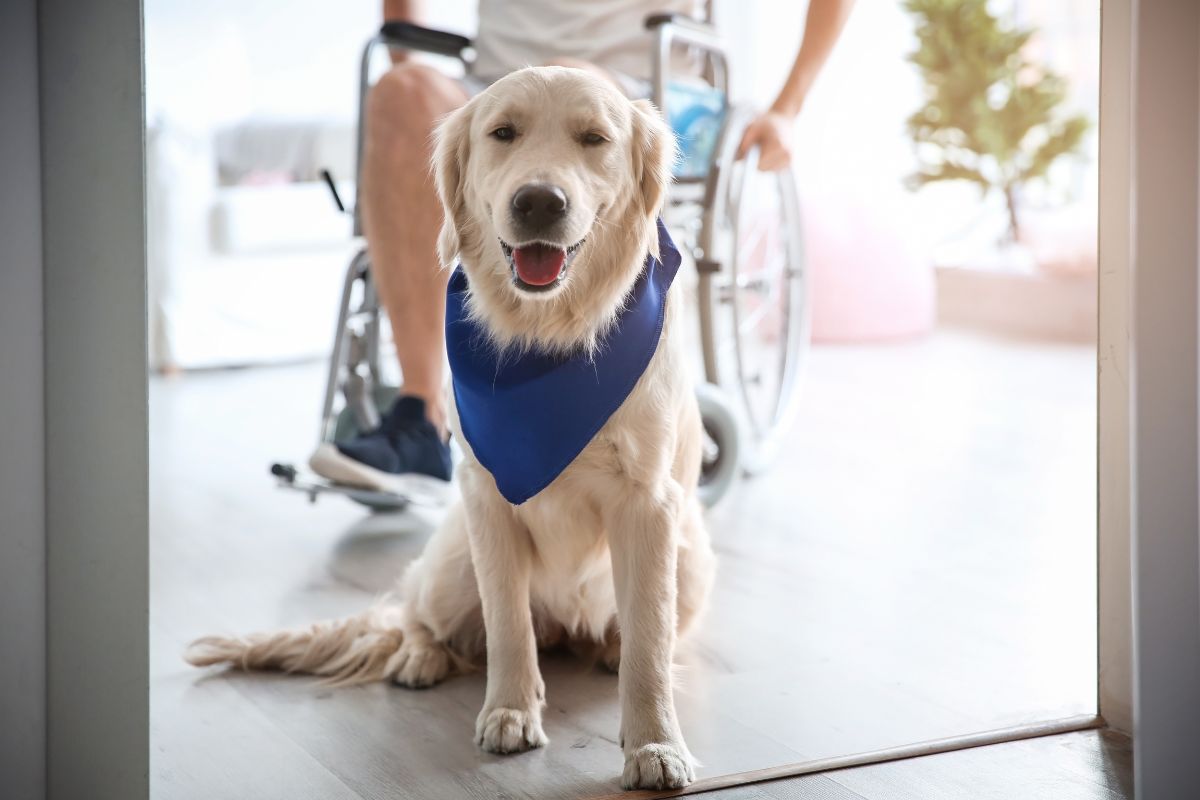No Results Found
The page you requested could not be found. Try refining your search, or use the navigation above to locate the post.


PSD Letter opens doors to housing, travel, and public spaces
Psychiatric service dogs provide essential assistance to individuals with conditions such as schizophrenia, bipolar disorder, PTSD, and clinical anxiety. They are protected under the Americans with Disabilities Act (ADA), which grants them the same legal rights and privileges as other service dogs.

Psychiatric service dogs perform various tasks tailored to the needs of their handlers. Here’s an overview of their roles:
| Feature | Psychiatric Service Dog | Emotional Support Animal |
|---|---|---|
| Training Requirement | Extensive, task-specific training. | No formal training required. |
| Purpose | Perform tasks related to the handler’s disability. | Provide emotional comfort through presence. |
| Legal Protection (ADA) | Protected under ADA, allowing access to public spaces. | Not covered under ADA, limited access rights. |
A psychiatric service dog can support individuals in managing:
Training a psychiatric service dog involves several critical steps tailored to the handler’s specific needs:
| Training Stage | Details |
|---|---|
| Basic Obedience | Teach foundational commands like sit, stay, and focus, practicing in diverse environments. |
| Task-Specific Training | Train the dog to perform tasks such as deep pressure therapy or interrupting self-harming behaviors. |
| Public Access Training | Ensure the dog remains calm and obedient in various public settings, adapting to distractions. |
| Continual Training | Regularly reinforce learned behaviors and seek professional support when necessary. |
Under the ADA, a psychiatric service dog is allowed access to most public places, including:
Additionally, these dogs are exempt from pet fees and cannot be restricted based on breed or size.
Psychiatric service dogs are protected under multiple federal laws, including the ADA, FHA, and ACAA, each providing distinct rights and protections:
To train a psychiatric service dog at home:
To train a psychiatric service dog for PTSD:
No, landlords cannot deny psychiatric service dogs under the Fair Housing Act (FHA). These dogs are not considered pets, and housing providers must accommodate them without charging pet fees or deposits. However, a landlord can deny a psychiatric service dog in specific situations, such as:
The page you requested could not be found. Try refining your search, or use the navigation above to locate the post.
Live and Fly Free with Your PSD!